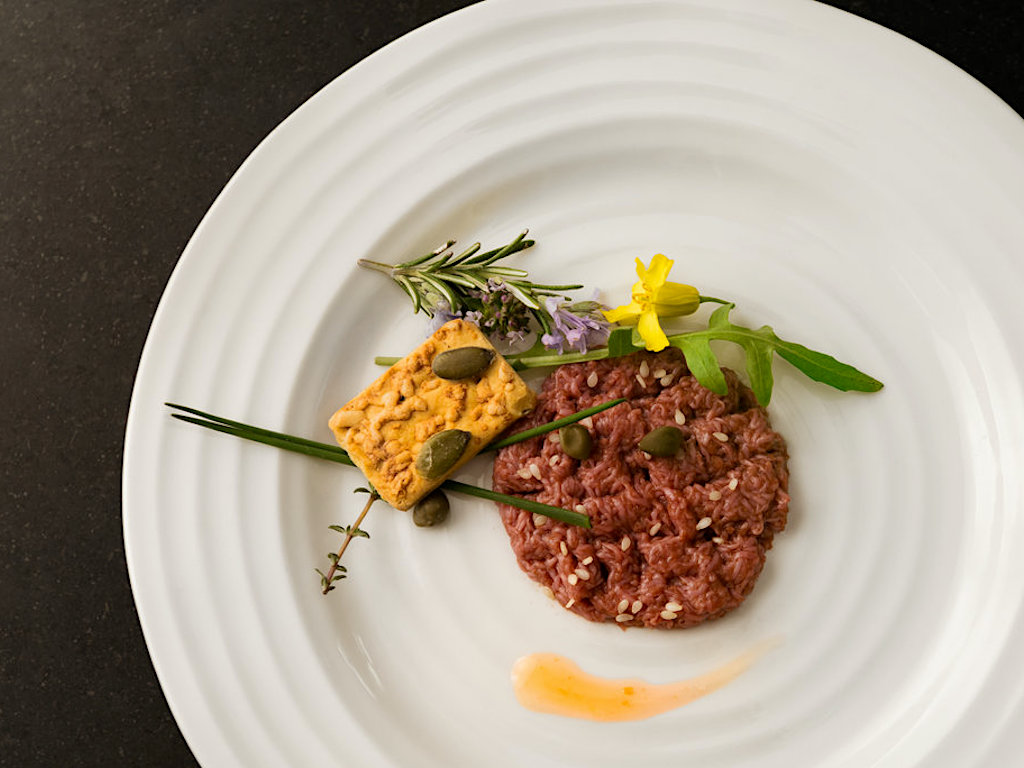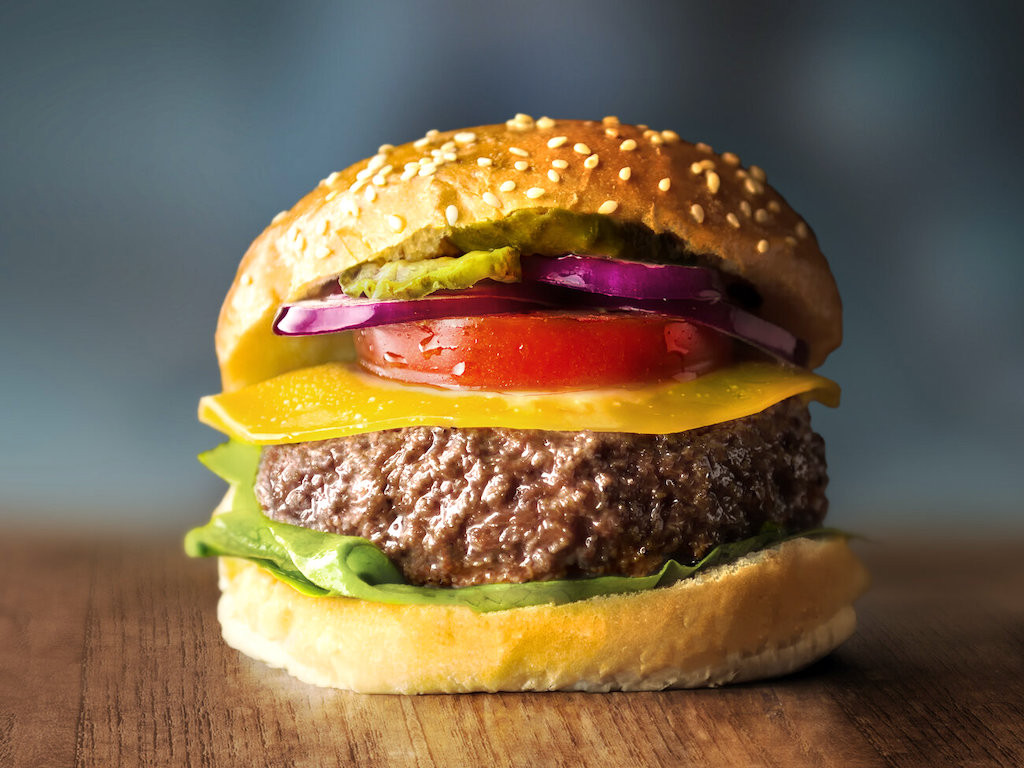The Netherlands Edges Closer to Cultivated Meat Approval With Samples Now Legalised
4 Mins Read
The Netherlands’ House of Representatives has just passed a motion to make cultivated meat samples legal. Dutch cell-based startups have heralded the move as significant progress towards regulatory approval. The D66 and VVD democratic political parties proposed the motion.
Formal acceptance of cultivated technology in the Netherlands adds pressure on other countries to define their frameworks ahead of commercial approval. With Singapore having already given the green light to two cultivated products, from the same company, the rest of the world is lagging behind. The Netherlands aims to address this balance, in part because of its history within the sector.

The birthplace of cultivated meat
Back in 2013, Mark Post created the first-ever cell-based hamburger. It caused a stir big enough for him to co-found Mosa Meat three years later, the world’s first cultivated meat startup (Upside Foods, formerly Memphis Meats, in the US debuted that same year). It has been engaged in improving cultivated meat production technology ever since. Dutch politicians have long considered Post’s breakthrough as a significant milestone that needs to be revered and built upon. Making cultivated samples legal is the first step in preserving the country’s legacy within the sector and maintaining relevance.
“This is a wonderful Dutch invention that can become an important source of food for humans,” VVD MP Peter Valstar said in a statement. “But, as with many innovations, we see that European regulations delay development earlier, while the rest of the world is now overtaking us with our own invention.”
Multiple companies, including fellow EU startups, are already at the point of developing prototype cultivated products that can be used for educational and promotional purposes. The Netherlands is aware that despite showcasing the first-ever example of cell-based meat, it is no longer leading the pack in getting to full commercial scale.
“Cellular agriculture is a Dutch invention and we do not want to lose our competitive advantage,” Robert Jones, head of public affairs for Mosa Meat said in an interview with Dutch publication Innovation Origins. “Other companies around the world, including in Germany, France and Belgium are demonstrating their products to earn support and consumer acceptance.
In a separate statement, Jones said: “This vote is another sign of the building momentum for adding cellular agriculture to the toolbox of solutions needed to achieve the goals of the Green Deal and Farm to Fork strategy. It is not a matter of if, but when cultivated meat will be approved for sale in Europe. We look forward to working with the Ministry of Health and NVWA to work out the details on how we will conduct tastings of our beef in a controlled and safe way. These tastings sessions will provide stakeholders with an opportunity to see the possibilities of cultivated meat in person and provide valuable information for us about future consumers.”

The race to retail
Transparent legal frameworks and definitions for cultivated meat are severely lacking, globally. This leads to delays in startups being able to progress from concept to commercial product. Singapore is way out in front, with the U.S. seemingly on track to be the next in line. The USDA recently closed a public comment session, with 1,700 opinions collected. Individuals and companies participated in the period, with overall sentiments being positive about cultivated progress. Reportedly, many commenters felt that a defined framework is necessary to support industry movement and demystify the sector as a whole.
Attitudes to cultivated meat
A new study from the Singapore Management University has revealed that Singaporeans are more open to cultivated meat than consumers in the U.S. Attributed to social image management, and a desire for the country to be regarded as cutting-edge, the findings lend weight to Singapore’s continued promotion of the technology.
China has alluded to a growing acceptance of the potential cultivated meat offers. With novel foods mentioned in its five year agricultural plan for the first time and President Xi talking about it briefly, there is scope for optimism. India has been looking at the sector more closely as well, thanks to a joint report from CIIE.Co and the Good Food Institute that claims it could be radical in providing country-wide food security.
Lead photo by Mosa Meat.





